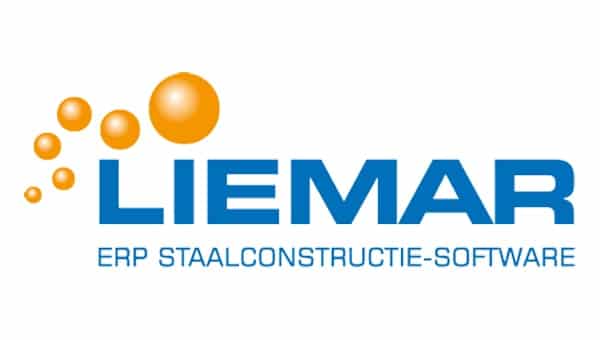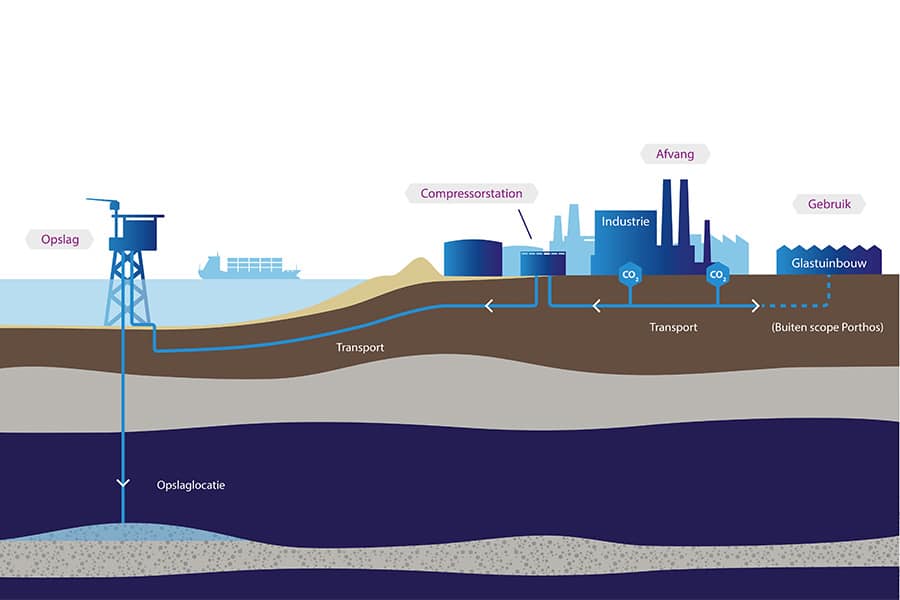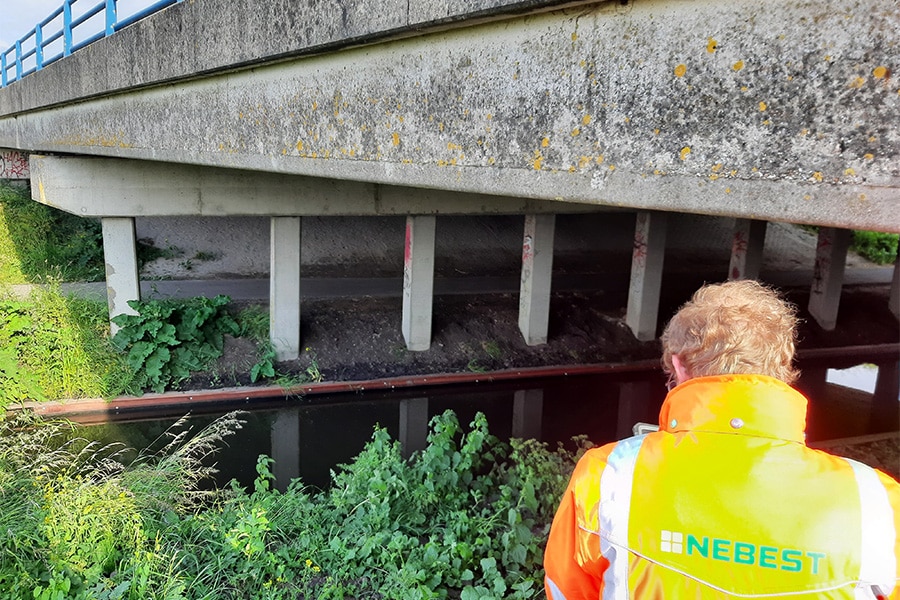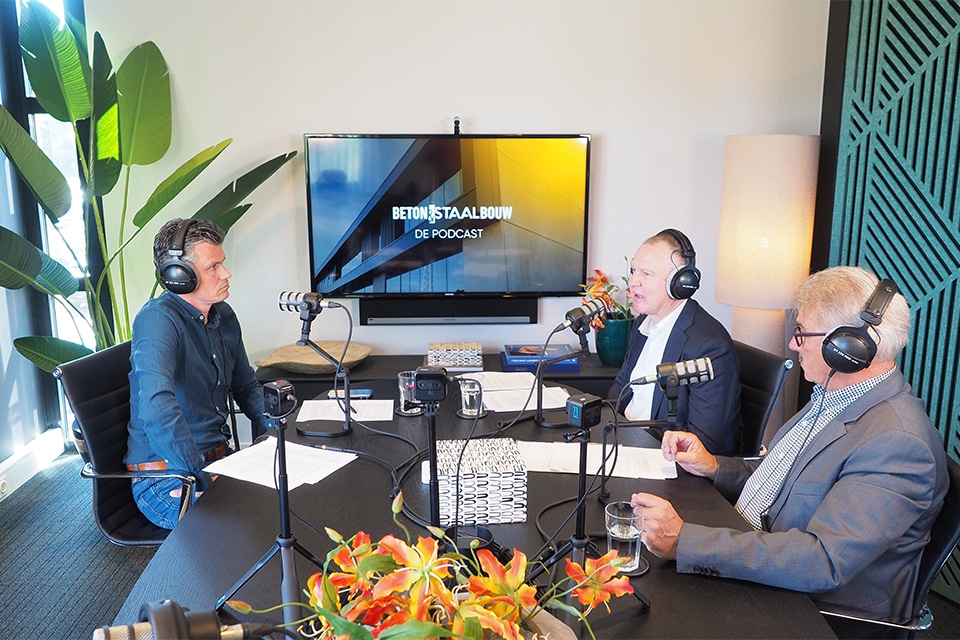
Stop micromanaging data: getting a grip on your projects starts with an overview
In steel and metal construction, everything is about grip. Grip on planning, grip on costs, grip on capacity. Yet in practice, the quest for control often leads to the opposite: a proliferation of spreadsheets, loose tools and excessive administrative control. The idea is that more data leads to better decisions, but often it actually obscures the view of simple, effective solutions.
Too much detail creates noise. Companies get tangled up in lists, snapshots and reports that provide hindsight but do not help to adjust now. Fragmented software solutions make it difficult to form a unified picture, causing departments to work with different versions of the truth. Data in itself is not the solution-it's all about insight.
Entrepreneurs often struggle with the question of how to avoid falling behind. The solution does not lie in yet more metrics or additional capacity planning tools. It starts with a fundamental principle: overview instead of micromanagement.
The dangerous myth of loose data
Decisions are still too often made based on gut feelings or the person shouting the loudest. Data-based decision-making can actually bring peace of mind by making choices based on facts without the human factor disappearing.
Yet there is another pitfall: the illusion of control through excessive administration. Many companies work with extensive Excel lists, planning software and a collection of separate tools, but lose sight of what it is really about. The goal is not to collect as much data as possible, but to ensure that projects run smoothly and profitably through the organization.
A well-functioning workflow means that everyone knows where they stand. This does not require endlessly juggling numbers with every decision. Overly detailed data often leads to controlling the wrong aspects. The administration grows, but the overview disappears. The most important question remains: Will this really make things better?
From data to action
Grip on projects starts with one central source of truth. Not because it is technically convenient, but because it is essential for efficient collaboration. When planning, work preparation, production and finance work with the same reality, discussions about which numbers are correct disappear and bottlenecks become immediately visible.
Predictability is more important than retrospective analysis. There is little benefit to be gained if it only becomes apparent at the end of the month that a project is going off schedule or that costs have been incurred that cannot be reversed. Grip means that it is clear in time where adjustments are needed, so that surprises are prevented instead of being solved afterwards.
Data should drive, not paralyze. Entrepreneurs who feel they are drowning in numbers usually don't have too little data, but rather too much. The difference is in how that data is deployed. Instead of randomly collecting information, the key question is: what is really important? It helps to engage with entrepreneurs who have already made this shift and learn from what does work.
Getting a grip on work in progress: not after the fact, but now
Many companies don't realize that getting a grip on work in progress is essential until it's too late. But there is no such thing as getting a grip after the fact. Only when real-time insight into work in progress is in order is it possible to manage margins, cash flow and capacity. The companies that make this change achieve structurally higher returns and become more attractive employers.
Time and capacity should not be guesswork, but should serve as a steering tool. This brings overview and calm, eliminates endless Excel files and helps build a continuous workflow.
Staffing can be realistically planned for the next 4 to 6 weeks. Looking longer ahead only makes sense if the pipeline of future assignments is included and projected onto available capacity. This combination not only creates a grip on the short term, but also reveals where the bottlenecks are in the work pipeline and what is needed to maintain staffing levels.
Working smarter in steel building and metal construction
Many manufacturing companies already work project-based, but their systems are often not set up to manage project-based work. This leads to lost hours due to inefficient capacity planning and delayed invoicing, because work in progress is not clearly visible. In addition, companies take unnecessary risks because costs and margins are not properly estimated.
Building profitability does not mean collecting more data, but getting a grip on the right information. Entrepreneurs who stop micromanaging and focus on real insights make better decisions and maintain greater control over their processes.
Heeft u vragen over dit artikel, project of product?
Neem dan rechtstreeks contact op met Liemar Software BV.
 Contact opnemen
Contact opnemen



